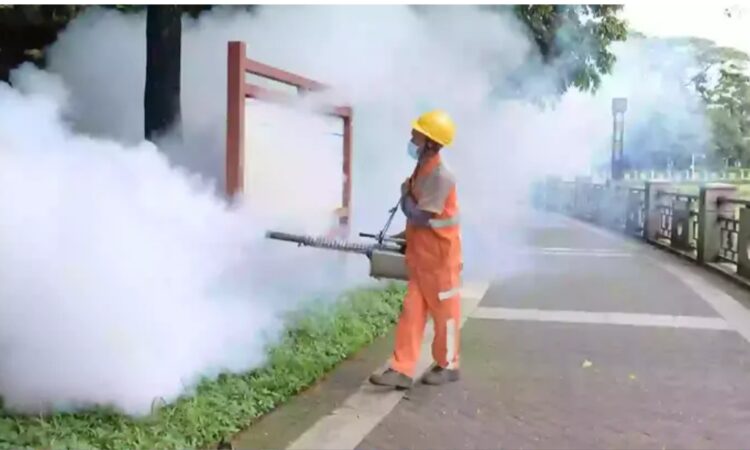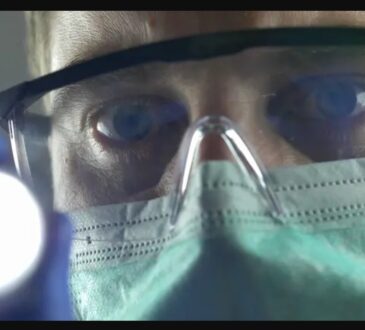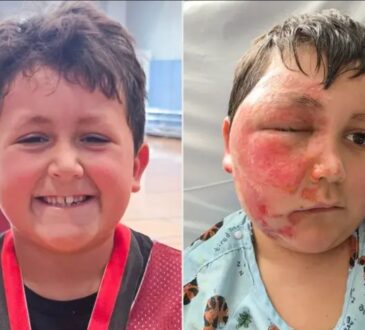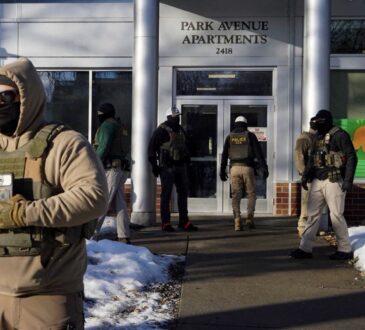Urgent warning issued to travelers as China takes ‘covid measures’ after reporting 7,000 cases of Chikungunya virus

The United States has issued a strong warning to Americans who are planning to visit China because of a serious health concern. A virus called Chikungunya has spread in parts of the country, and around 7,000 cases have already been reported.
This has caused China to bring back strict health measures, similar to the ones people experienced during the COVID-19 pandemic, to stop the virus from spreading further. These measures include more health checks, close monitoring of movement, and stronger control over areas where outbreaks are happening.
Chikungunya is an illness that spreads when a mosquito carrying the virus bites a person. It is not something that can pass directly from one person to another through normal contact like shaking hands or talking, but mosquitoes act as carriers. Once they bite an infected person, they can pass it to others. This virus has appeared in many other parts of the world before, including Africa, Asia, Europe, the Americas, and islands across the Indian and Pacific Oceans, so it is not new, but it can spread very quickly in places where mosquito populations are high.
China is working with advice from the World Health Organization (WHO) to try and control this outbreak. Health experts say one of the most important steps to stop this virus is to reduce mosquito breeding areas. Mosquitoes often breed in stagnant or standing water—places where water collects and is left undisturbed. This can include things like unused flowerpots, buckets, empty bottles, clogged drains, old tires, and even leftover water in coffee machines or other household appliances. People living in affected areas are being urged to clean their homes and surroundings carefully to remove these sources.
The U.S. Centers for Disease Control and Prevention (CDC) has raised the travel alert to level two for the Guangdong Province, where most cases have been found, with the city of Foshan being the center of the outbreak. A level two alert does not mean people are banned from traveling there, but it means they need to be much more cautious and take special steps to protect themselves.
Travelers are advised to use insect repellents regularly, wear long-sleeved shirts and pants to cover as much skin as possible, and stay indoors in places that have good air conditioning or protective screens on windows and doors to keep mosquitoes out. People planning to stay for a long time or visit highly affected areas may want to ask their doctor about vaccines, as two vaccines have already been approved for use in the United States to help protect against this virus.
The risk of getting infected increases in areas where water is left standing because that is where mosquitoes breed the most. Simple actions like emptying containers, cleaning out gutters, and keeping your surroundings dry can help reduce the chance of infection.
If someone does get infected, the symptoms usually start between three and seven days after being bitten by an infected mosquito. Most people experience fever and joint pain, but other symptoms can include headaches, muscle pain, swelling in the joints, tiredness, and skin rashes. For most healthy adults, the symptoms can be uncomfortable but are usually not life-threatening. However, for some people, especially newborn babies, older adults over 65, and those with pre-existing health conditions like high blood pressure, diabetes, or heart problems, the virus can become more serious.
Pregnant women are being strongly advised to carefully reconsider travel to the affected areas because there is a small chance the virus could pass from mother to baby during childbirth. Although this is rare, it can be very dangerous for newborn babies. Authorities are continuing to monitor the situation closely and will give more updates as they learn how the outbreak is spreading and how well the current control measures are working.
Would you like me to make this even more detailed by adding how long the virus lasts, whether there is any specific treatment, and what recovery usually looks like?




